#banning the expression of different people due to religion is not any more valid than doing it from hate
Explore tagged Tumblr posts
Note
With RedNote being popular, it’s a nice opportunity to have a great exchange of culture and languages. I wish it gets to stay as a Chinese app. We really need it especially when every media and how we perceive the world is often US-centric.
We often miss out on a lot of stuff from other countries. I also wonder how Viv and her stans would fare on the app if they were to try it. They’d be like those foreigners who hop into a different country and demand everyone speak English.
When people plan on migrating to a different platform, they should think of it like moving to a different country and consider whether they’re suited there. What are the pros and cons? What kind of culture and people live there? Will you be able to adapt to it?
For example, I’d tell them don’t just move over to Tumblr and expect to get popular through likes or followers (instead we get engagement through reblogs). People often expect everything to cater to them without putting in the work and using the right tools to moderate their online experiences.
They need to understand it’s not discriminatory to have certain topics banned in other platforms like LGBTQ+ themes, politics, sexual content, etc. They need to respect the norms and rules of that place. It’s like moving to Dubai and accusing them of homophobia because their religion doesn’t accept gay people (they’re a Muslim country, not America for god’s sake 🤦🏻♀️!).
So I am realizing I didn't finish my thought about RedNote. Please allow me to try again.
Thank you for the ask by the way, I felt this was connected to a Reblog that sparked my interest in needing to clarify it by Haru-Kuneko
Firstly, let's talk about Algorithms. Because we have been ruled by them for a little under 20 years. And GenZ is the generation who is most impacted by algorithms so far. Gen Alpha is not looking good. And the reason for that is because algorithms are woefully misunderstood by laymen.
Curating an online experience through algorithms wasn't designed for you or I to have a superior experience, it was designed to keep us on these apps and websites. They don't just give you more content that is similar to what you like, they trap you in that content and create the echo chamber. Part of the algorithm is intentionally designed to induce rage engagement for the sole purpose of reaffirming your existing algorithmic beliefs. It is designed to keep you engaged with the intent of putting you in a box. Your engagement, your attention, is the product they are buying and selling.
This has led to a drastic increase in internet tribalism and, just as capitalism has an end stage, so does algorithmic thought. With younger people who have never experienced an internet of their own interests, being force fed their beliefs and views that are reinforced by their communities they didn't necessarily choose. Algorithms take away from the act of critically thinking, and has pushed us past tribalism to Deindividuation.
(This video covers misinformation and disinformation, but goes into Deindividuation at timestamp 7:40 if you want to skip to that part.)
And algorithms have replaced personalities for younger people, especially those impacted socially by the pandemic in 2020. They are prepackaged beliefs and values that were primarily created for consumerism and marketing that has now sold our young people identities.
So entering RedBook, these people are, for most likely the first time, experiencing an algorithm that wasn't designed for them the way western websites use them. China's collectivist culture is all about conformity and cooperation. Rage content is not allowed, discourse is not allowed. It is a fundamental threat to their society as their values are not about stoking tenuous perceptions of freedom through false choices and beliefs that are actually predisposed to you based on your race, gender, and sexuality.
It's more about fitting in and being approved of, something Americans are desperate for in this era. They are so lonely that China's social emphasis on community is a fresh spring. And that's a bit of the problem.
Last night my spouse was on RedBook and I watched some videos over her shoulder. It's beautiful to see people connecting with others they are realizing they had a subliminal prejudice against. The US government has done a great job of ruining their citizens in this way where they think they are so superior and above everything, which is reinforced by other western nations. It's the first time for most people that they are in a space where America is not idealized like it is in the West, and they are feeling a genuine human connection because of the amount of curiosity the Chinese users have for them.
They are feeling seen at a time where their government doesn't represent them or care about their beliefs.
And at the same time, some people are swinging far out of bounds to the opposite extreme. People who were once firmly of the belief that the US was superior to China are now saying how amazing and perfect China is, when it isn't. There are some serious issues in China, specifically about corruption and the mismanagement of funds. One vide we saw was about “Green Growth” and how China has created extensive solar farms and increased production towards renewable energy, except Green Growth has been shown to be extremely unproductive in reducing carbon emissions.
That isn't to just dunk on China. Obviously, the same issues are true in the United States as well. Neither is worse than the other, to be frank. But because we have lived in a world devoid of critical thinking, the thing I was concerned about is happening: The extreme pendulum swings.
And to be frank, these extremist perspectives are natural and I am not inherently criticizing them for what they are, it's a teenager's mentality as they are being exposed to new social rules and learning how to integrate into a community. This is how a teenager's brain is functioning in high school and why they are so volatile. I'm not here to judge. Just to note that this is a dangerous thing, objectively. It is dangerous, but also natural and even necessary.
But that's what I meant by “lacking Dialectics”. The inability to engage with two opposing things being true is a dangerous place to be in and makes it extremely easy to radicalize individuals. China is far from perfect, but it isn't worse than the United States. My concern is how this lack of Dialectics, paired with the inherent tunnel vision of social media and emotional volatility of our emotionally immature and stunted society can just as easily breed fanaticism for some Chinese social paradise that genuinely does not exist.
(As an aside, I linked Dialectics in my previous post and realized that it probably didn't make any sense or was just very difficult to understand. So this link is a YouTube video of some guy explaining it to make it easier. My apologies.)
I'm overall supportive of this, hoping that it can radically change people's views towards the world and global communities. I hope this moves moderates to be more progressive and people to be more tolerant of other ideas, values, and societies. I hope people will be more interested in listening to my Marxist ramblings now that Communism is more about funny memes and kind humans and not some scary oppressive government. But there is always a shadow when you stand in the light.
(Which, to be frank, China is not at all a reflection of Marxism or Marxist Communism. The working conditions there are not any better here and labor is still exploited and expendable. They really are no different than the US.)
Don't forget about the shadow is all I ask.
#anon ask#red book#crooked philosophy#crooked opinion#current events#just be careful out there#i generally agree with anon#but also understand all things can cause harm#banning the expression of different people due to religion is not any more valid than doing it from hate#it is one thing to be ignorant#its another to be dehumanizing#i think its silly to demand to be accepted as part of a group#when the terms and conditions state that you are not welcome#ie if you are muslim you cannot be gay#but saying you cannot exist because we are muslim is#yeah that's fucked up#discrimination under religion is still discrimination#dialectic philosophy#dialects#marxist ramblings#rednote
8 notes
·
View notes
Text
New Year, New-robi
Hello again rafikis,
Thanks for following my journey so far!
Although it feels like 2019 was yesterday, I’m about to ring in my 5-month anniversary here in Nairobi. Over the past couple of months, I’ve been lucky to welcome several visitors to this great country, spend more time in rural communities and local watering holes (not literally #TIA), and even just get accustomed to a mundane daily routine in this exoticized place where I used to be a wide-eyed visitor. All of this has helped me see Nairobi through new eyes and given me greater perspective on this fascinating metropolis.
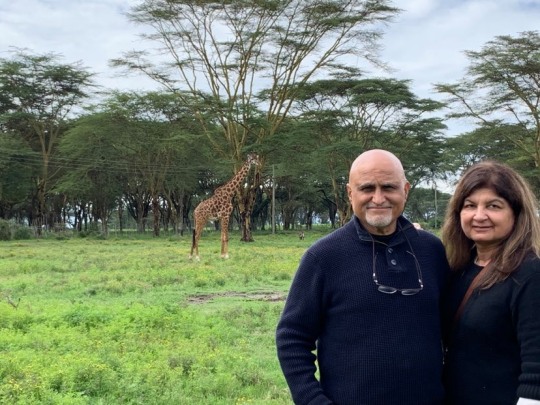
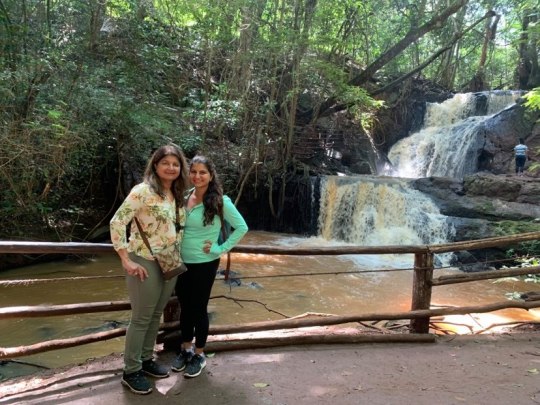
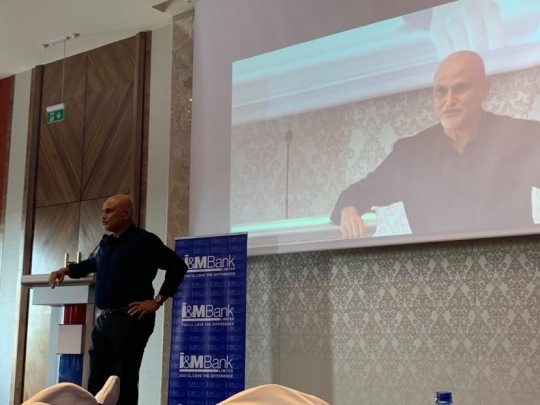
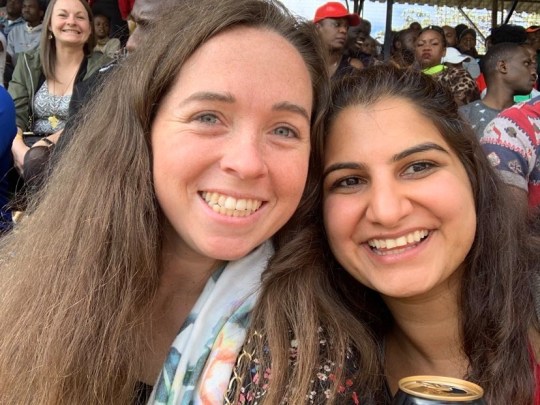
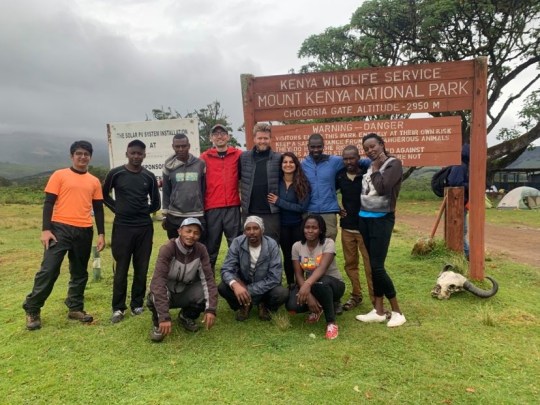

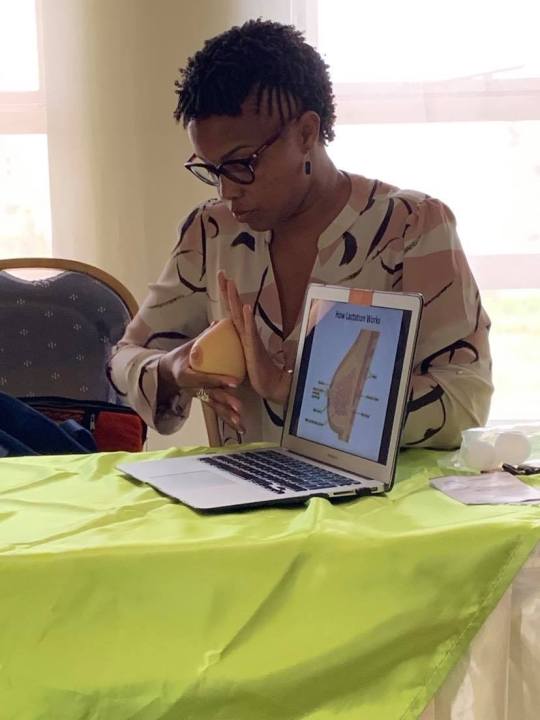
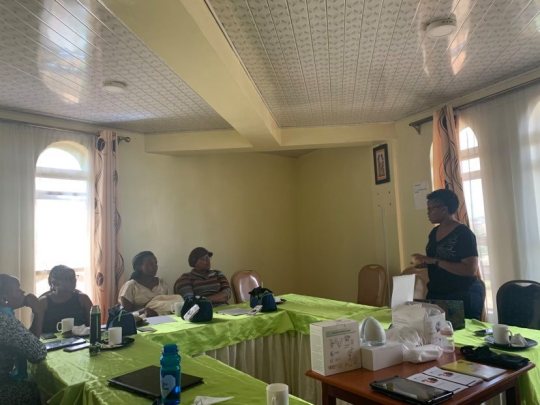
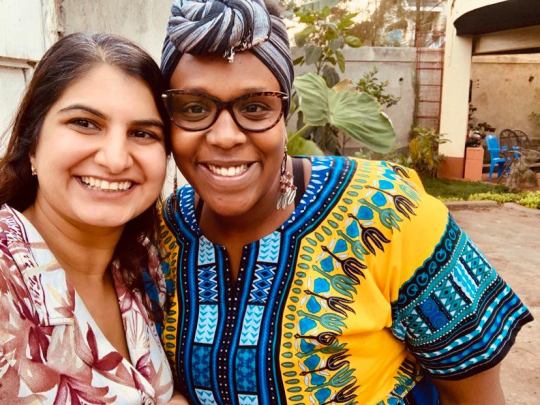
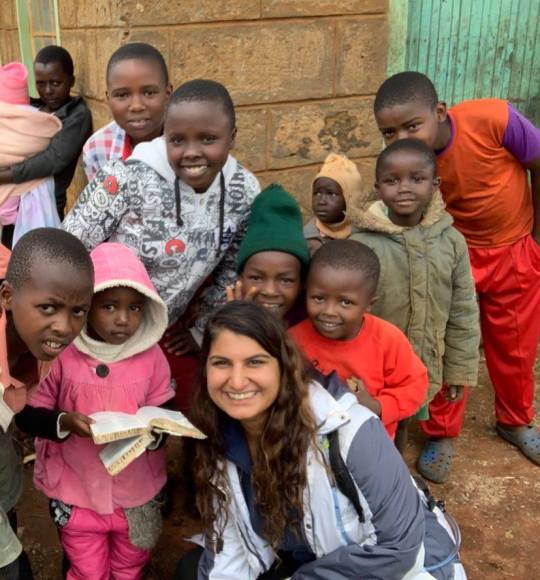
Even if my observations aren’t any more insightful, I’m hoping that, at the very least, my Swahili has improved after spending a few months here. Although I won’t lie, most of these sayings are from the interwebs (except the last one which is a Papa Jamal classic).
1. Umoja ni nguvu: Unity is strength
For anyone who has moved from a small rural town to a big urban city, you’ll know that one of the most noticeable differences is the level of diversity - in race, language, income levels, religious beliefs, political views, food, fashion, architecture, you name it… and often, this diversity is unfortunately correlated with conflict, violence, or a clash of civilizations.
Countries in Africa tend to benefit (or suffer) from this diversity inherently, thanks to the colonial legacy of how land was divided on the continent. Homogenous tribes and cultures were separated by borders arbitrarily drawn by European colonialists, creating some of the most ethnically diverse countries in the world. Nairobi, being a large, cosmopolitan African city, embodies this diversity on many levels: not only through a mix of Kenyan ethnicities, cultures, and perspectives, but also a smattering of the colourful mosaic of people who have immigrated here from across Africa and the rest of the globe.
At the risk of sounding like I’m making a political statement, which I am certainly not qualified to do yet, I would say that these diverse groups seem to live here in relative harmony. I wouldn’t go so far as saying Nairobi is safe - pretty much everyone who lives here has a story about a robbery or mugging (myself, unfortunately, included). However, given that its bordering nation, Somalia, known to be one of the most homogenous in Africa, has suffered from decades of unrest and infighting, you could conclude that greater diversity does not necessarily mean greater conflict.
Gaining a deeper understanding of Nairobi’s complex history has helped me untangle the resulting tapestry of cultures that has developed here over time, from large Bantu tribes like the Kikuyu, to the not-so-lovingly-named Kenyan Cowboys who remained here since the British rule, to the Indian ancestors of the railway labourers brought over by the Brits, the Arab traders who moved inland from the Swahili coast, to the more recent Chinese settlements that have formed as a result of their investments in infrastructure. Interacting with a broader range of communities here has given me a more nuanced perspective on the divergence between conservative and progressive opinions on religion, politics, gender roles, relationships, sexual orientation, family structure, and values that exist in this city. At the same time, I’ve been fortunate to experience the culture and creative expression that blossom from this juxtaposition of traditional and edgy, in the form of music, art, comedy, and dance, while also revelling in the ability to flip seamlessly from nature reserve to bustling city a heartbeat and switch between wellness retreat to raging nightlife within just a short Bolt ride. Though diversity can be seen in all flavours and colours here, Nairobians prosper by recognizing that there is more strength in unity than conflict.
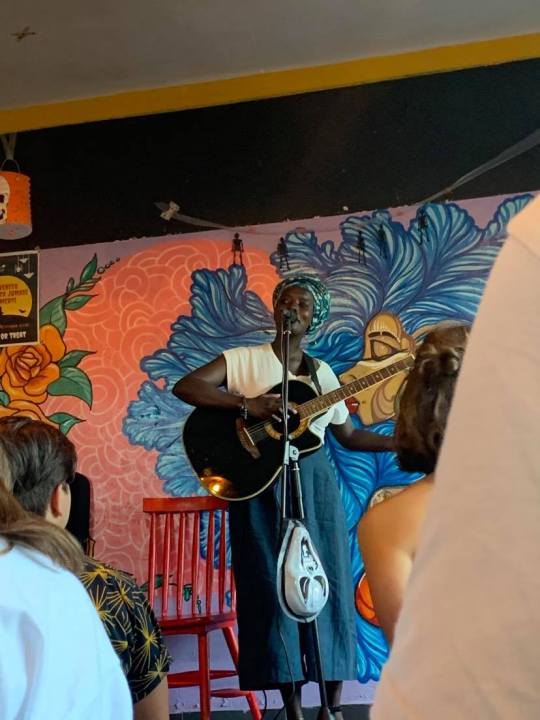
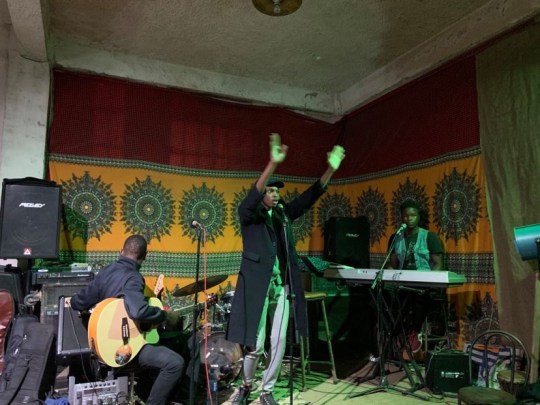
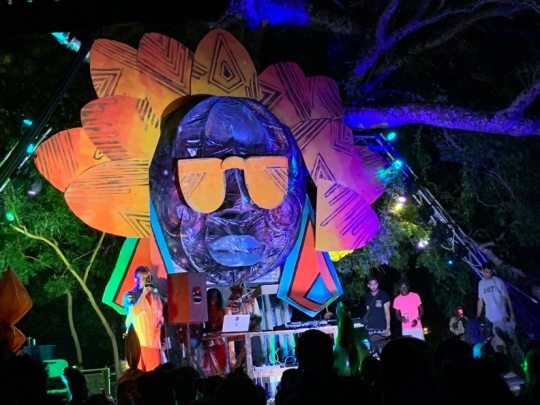
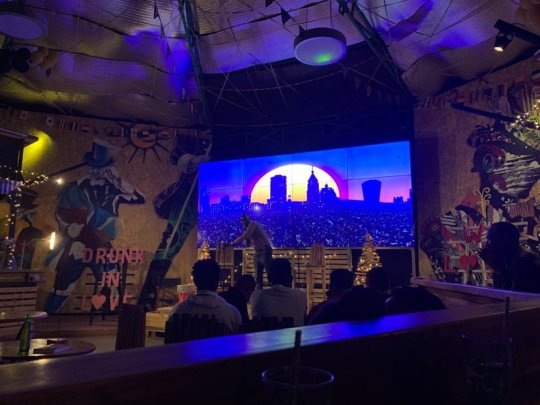
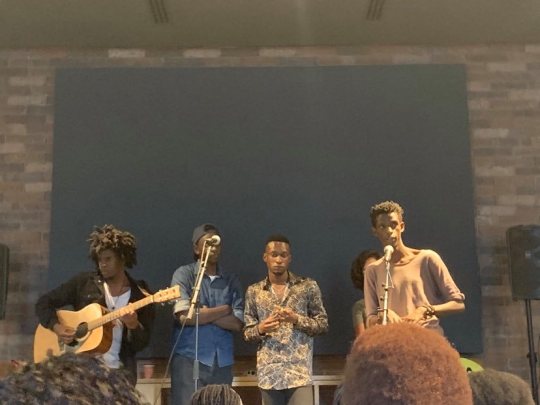
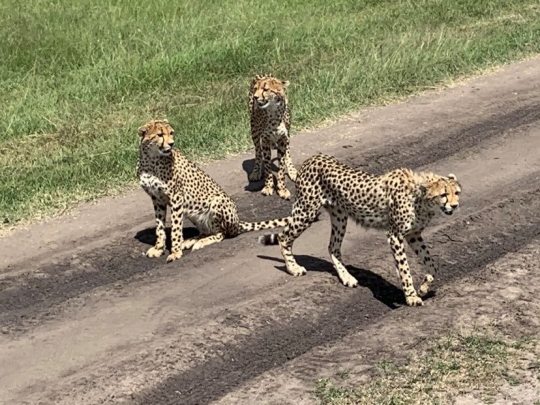
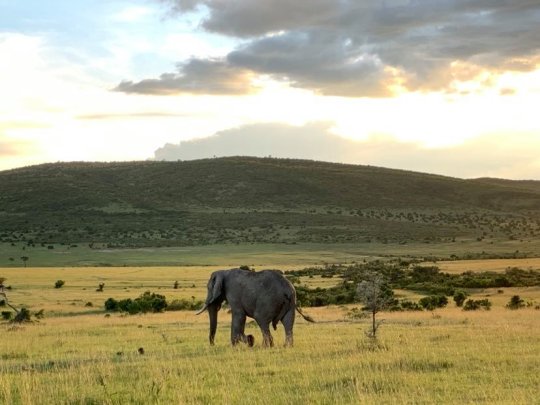
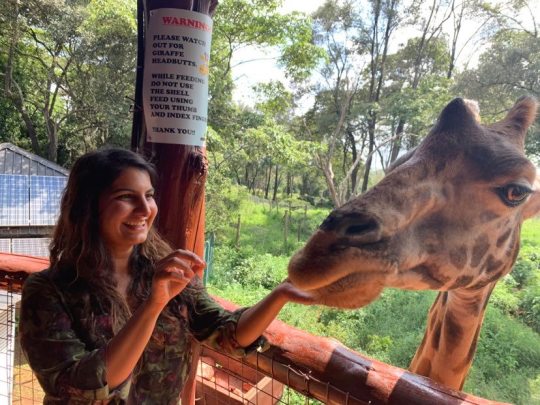

2. Adui wa mtu, ni mtu: The enemy of man is man
Of course, it’s not all sunshine and rainbows here (in fact, the rains had been non-stop for months!) - you can’t have a conversation about Kenyan life without addressing the vast inequalities and corruption that exist. For the billions of dollars invested in the country through grants, foreign aid, and impact investment, there are still gaping holes in infrastructure, healthcare and education that are yet to be tackled. It seems that politicians, public officials, donors, investors, and aid workers might be getting in their own way when it comes to making significant progress on the systemic issues that plague the country. The war on corruption makes daily headlines here yet many parts of policy making, procurement, regulation, and enforcement are driven by political agendas and misaligned financial incentives.
Even policy efforts that I generally support can by driven by a politicized PR angle. For example, Kenya’s ban on plastic bags, known to be the toughest in the world, took 10 years to implement and enforce successfully. While this policy has made a significant impact on waste management, animal health, and overall environmental protection, it was championed by a highly publicized race for implementation among East African governments. One could argue that the ends justify the means, now that 24 African countries have successfully banned plastic bag use, until you step back and consider the greater threats to environmental conservation like the widespread use of diesel fuel or practices like trash burning that are still prevalent in these countries. Similarly, and closer to home for me, much fanfare has been made about maternal employment and breastfeeding policies in local media, now that all employers are required to provide a lactation space for new mothers. However, due to their non-existent enforcement strategy, only 40 companies across Kenya have actually created lactation rooms so far.
While these political concerns may seem lofty, they can become significant considerations in making career choices and conducting daily life in this country. To commercialize a new breast pump in this market, I know I’ll need a well-connected network that spans government, regulatory bodies, distributors, retailers, healthcare providers, and key opinion leaders to counter the inevitable pressure to comply with the bribery and bureaucracy that often infiltrates these sectors. Many of the industry conferences I’ve attended aim to tackle these challenges by crowd-sourcing solutions within the community or, at the very least, encouraging key players not to concede to this systemic corruption.
On a daily basis, while it’s impossible not to confront your privilege as a foreigner living here, it is also difficult to know how to maximize your positive impact: do you donate to your favorite charity, give cash directly to the people begging on the street, volunteer for programs in the informal settlements, or advocate for further policy change and enforcement through your network? The complex system of incentives and unintended consequences make it impossible to calculate the net impact of your every action. Organizations like “Give Directly” have extensive research on the positive impact of unconditional direct cash transfers to individuals living in extreme poverty, which eliminate the potential bureaucratic redundancies of social interventions targeted at these communities. My personal conclusion is that as long as we aim to ensure that man does not become the enemy of his own good intentions in these efforts, we can work towards making a net positive social impact.
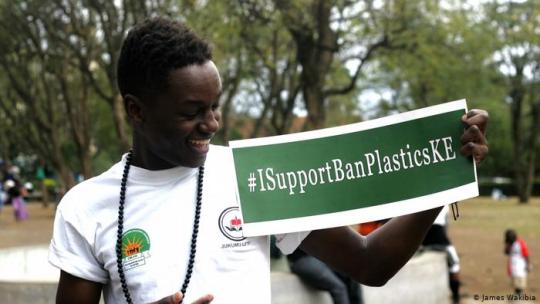
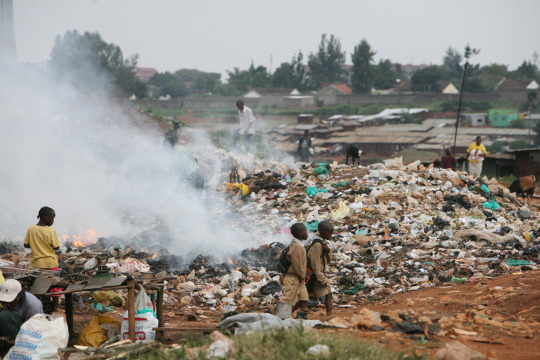
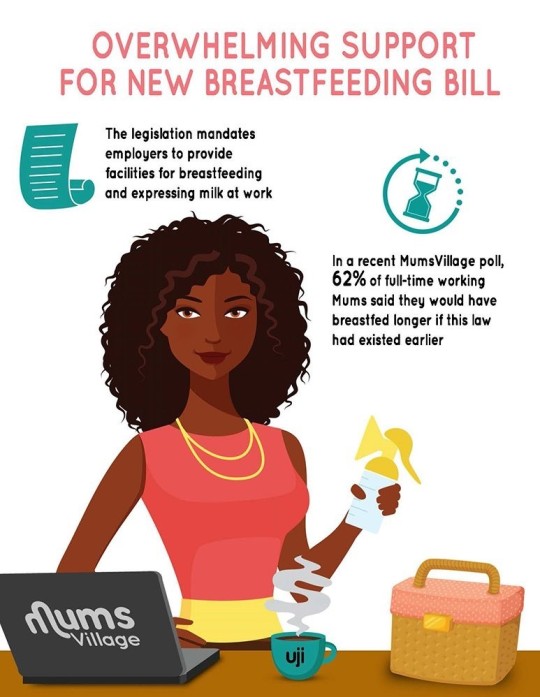
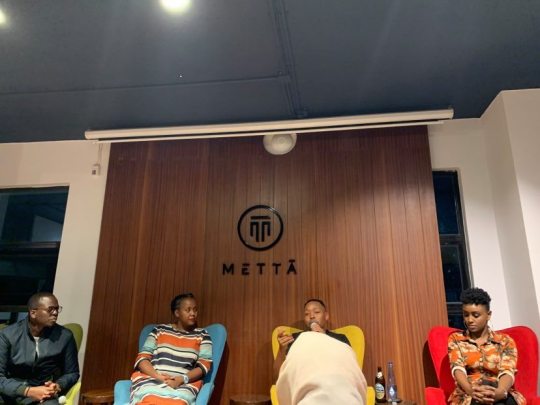
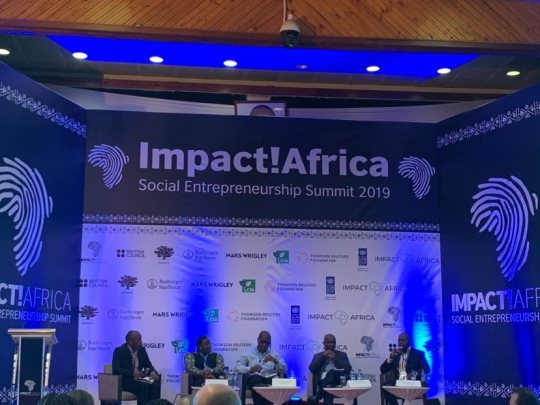
3. Haba na haba hujaza kibaba: Little by little fills the pot
Whatever qualms you might have with Kenyan society, if there’s one thing you can commend Nairobians for it’s their hustle. Everyone from your housekeeper to your manager is likely rocking a side-gig, whether its delivering Jumia orders or semi-professional stand-up comedy. Before Nairobi became a hotbed for entrepreneurship and terms like ‘impact investing’ were even invented, Kenyans had been pitching tents to sell their farm’s produce on the street and exporting their handicrafts around the world. Since then, strategic public and private sector efforts have continued empowering these entrepreneurs; for instance, through significant investments in enabling technology such as mobile payments.
All that to say, when it comes to innovative ideas and self-employment, I have known Nairobians to be extremely optimistic and perseverant. Which is why I am always pleasantly surprised to hear those three words that every girl dreams of, after I describe my business to any Kenyan: “It will work.”
This simple phase hits on a very special insight that is an important ingredient in the makings of every entrepreneur: an unabashed optimism that things will work out. And if they aren’t quite working yet, it’s only a matter of time and hard work until they do. Little by little, we will all get where we need to go.
When you are starting to build the foundation of a business and testing the assumptions that are the basis of your idea, this type of encouraging and frequent reassurance can make a world of difference. While it’s important to be realistic, or even borderline cynical, about the positive market feedback you receive in contrived research settings like focus groups, sometimes it’s just nice to take a moment and indulge in some external validation from a total stranger that you’re not totally out of your mind - “it will work”.
And this is the way we all support each other and survive here in our little bubble of dreamers and doers. Things are not always easy and sometimes you bump into cultural clashes or politics and bureaucracy, but these are all just hurdles in the rat race that we idealists happily skirt around in pursuit of our nobler ambitions. Knowing that we are all hustling and working towards the same broader goals, we gladly go out of our way to lend a hand, partner with each other, subsidize our services, and give free advice. Despite not living in an affluent country, people here are rich with positivity, tenacity, and generosity.
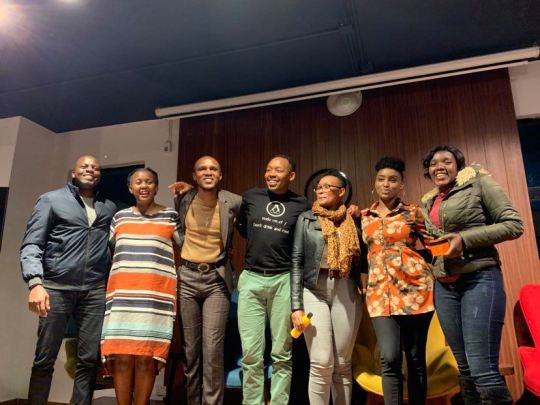
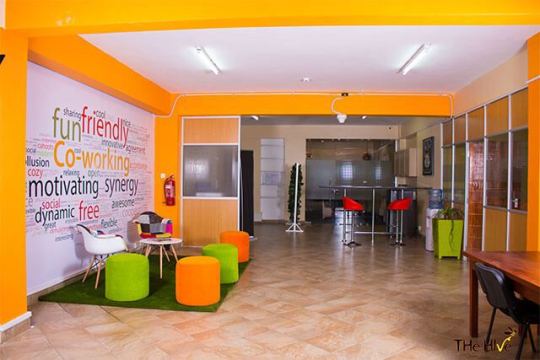
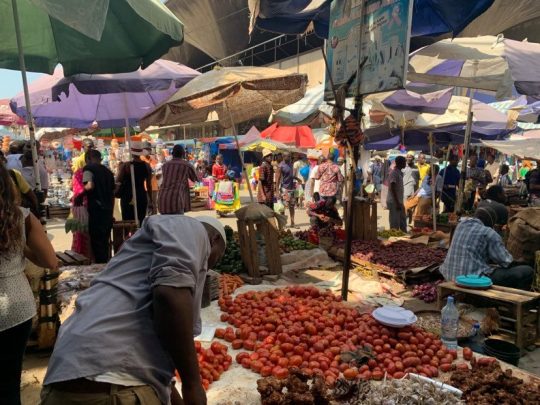
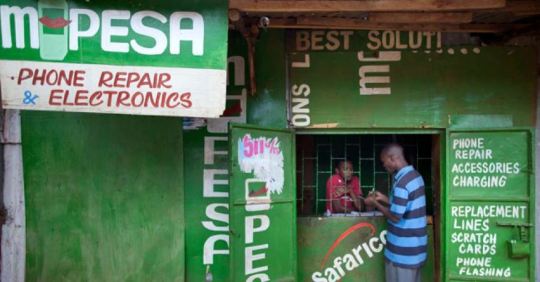
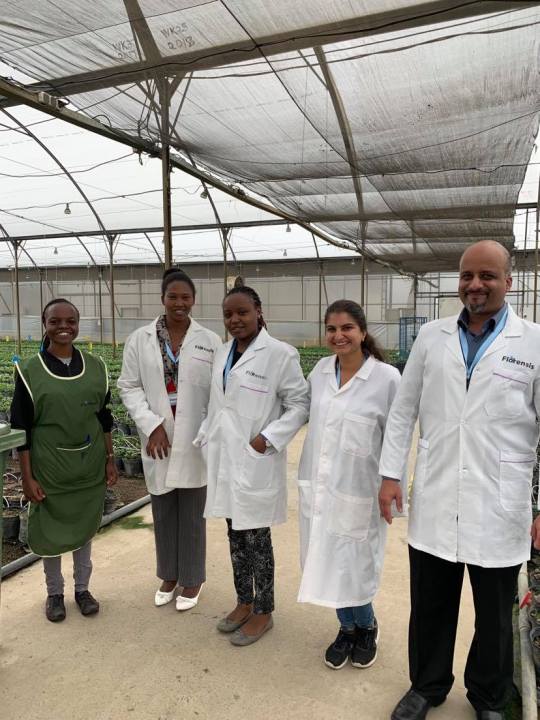
Asanteni sana! Until next time,
Sahar
0 notes